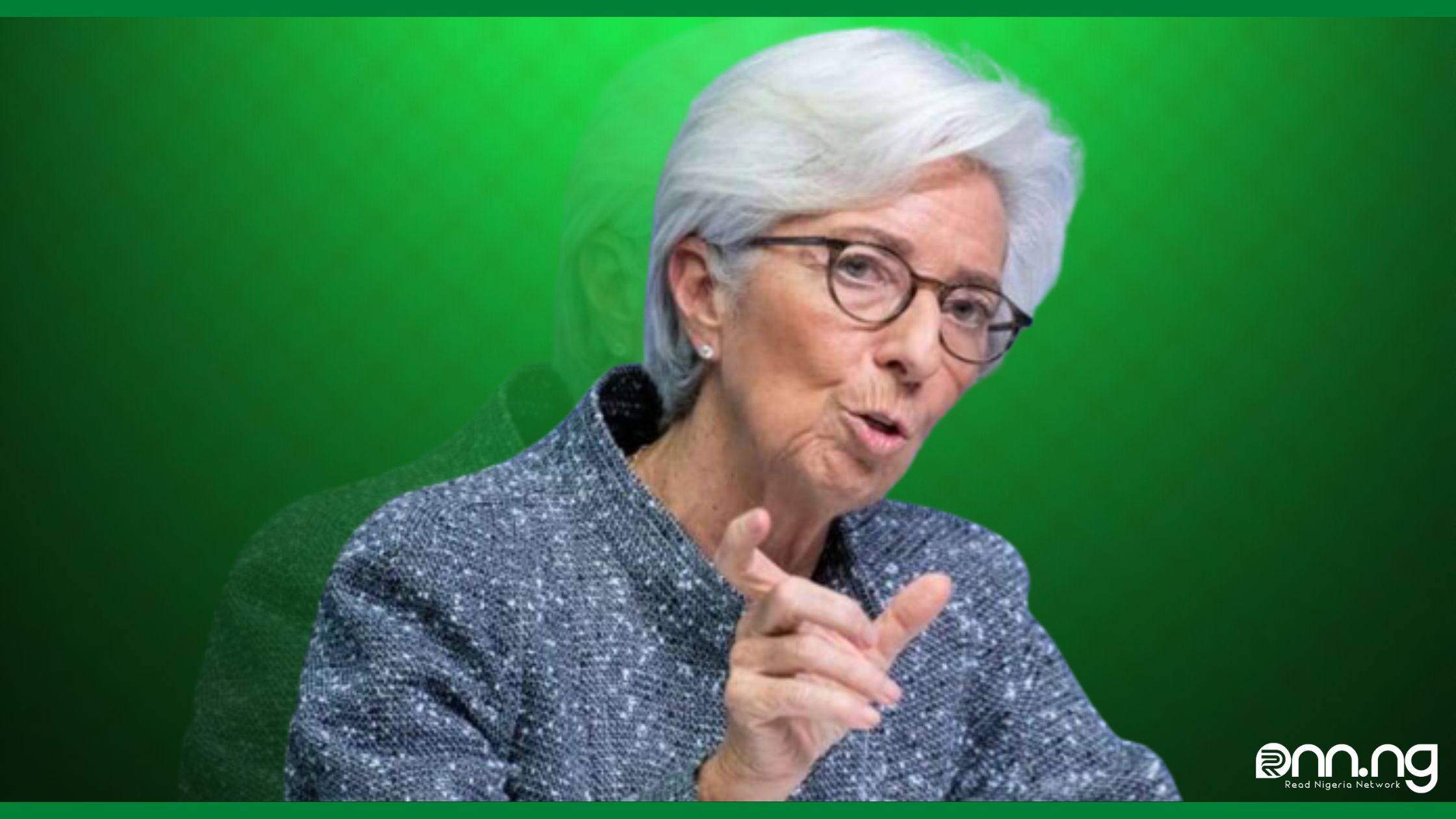Business News
ECB plans to Increase Interest Rate to ‘tame inflation beast’
ECB plans to increase interest rates as Russia’s war on Ukraine drives up energy prices, the European Central Bank is anticipated to put…

- ECB plans to Increase Interest Rate to ‘tame inflation beast’
- Germany’s Bundesbank central bank
- There was no “painless” way to combat runaway prices
- Government expenditures
ECB plans to increase interest rates as Russia’s war on Ukraine drives up energy prices, the European Central Bank is anticipated to put recession concerns to rest and deliver another sizable interest rate hike this week to curb inflation.
The 19-nation eurozone saw record-high inflation in September of around 10%, which is five times the ECB’s two percent target. Many experts anticipate that the ECB’s governing council will hike its key interest rates once again on Thursday. Last month, it did so by an astonishing 75 basis points.
READ MORE: What to Do With The Naira as Inflation Rate Jumps to 20.77%
As Russia continues to restrict gas supply to Europe, households and companies are preparing for a harsh winter with worries about energy shortages and exorbitantly expensive electricity and heating costs. Food prices have increased as a result of the war, and supply chain bottlenecks from the pandemic era as well as increasing production costs have contributed to price pressures on a variety of products.
Germany’s Bundesbank central bank
“Those who thought inflation was dead now know better,” said Joachim Nagel, the head of Germany’s Bundesbank central bank. “Now the beast has woken up from its slumber… it’s up to monetary policymakers to tame it again,” he recently told students at Harvard University.
Like other central banks, the ECB is raising interest rates repeatedly to keep inflation in check, even if doing so runs the danger of drastically lowering economic growth and precipitating a downturn.
“The 75 basis point rate hike looks like a done deal,” said ING economist Carsten Brzeski. “The ECB has turned a blind eye to recession risks,” he added.
Capital Economics experts forecast a 100 basis-point increase, followed by lesser increases over the following months, and said they anticipated the ECB going even further.
There was no “painless” way to combat runaway prices
The Federal Reserve recently stated that there is no “painless” approach to stop skyrocketing prices in the United States, where inflation is at a 40-year high. According to the Fed, which has increased interest rates more quickly and forcefully than the ECB, a slowdown in economic growth and the US labor market will be “needed” to lower inflation.
And to ECB President Christine Lagarde, the euro region is also seeing “a considerable downturn.” According to ECB vice president Luis de Guindos, the eurozone economy might contract by about one percent in 2023 if Russia totally cuts off gas deliveries to Europe. This possibility has increased in probability since Russia stopped supplying gas to Germany, the largest economy in Europe, through the vital Nord Stream 1 pipeline in late August.
Government expenditures
The German economy is now anticipated to contract by 0.4 percent in 2023, despite the fact that its energy-hungry sectors mainly relied on Russian gas before the war. Olaf Scholz, the German chancellor, has announced a 200 billion euro ($197 billion) energy fund to aid citizens in coping with price shocks, irking neighbors in other European nations who cannot afford the same fiscal generosity.
The ECB has cautioned governments not to fall into the trap of spending so much that they stimulate inflation, especially if other eurozone nations like France and Spain introduce their own assistance measures.
Christian Lindner, Germany’s hawkish finance minister, concurred, declaring last week that fiscal policy “must not undermine the policies of central banks” by boosting demand. The ECB is also anticipated to use this week’s meeting to explore aligning additional monetary policy tools with its efforts to combat inflation.
The ultra-cheap, long-term loans (TLTROs) that were recently provided to banks to aid the eurozone through a number of crises, sometimes at negative interest rates, are set to undergo adjustments by policymakers.
The ECB is seeking measures to encourage early repayment of the loans as a result of the quick rate hikes it has implemented since July. Lenders can now make money by depositing excess TLTRO funds at the central bank and taking advantage of the new, higher deposit rate.
After years of snatching up corporate and government bonds to raise stubbornly low inflation, the ECB may also consider the best way to reduce its multi-trillion-euro balance sheet. Analysts claim that any “quantitative tightening” will not begin for some time due to the hazy outlook and potential for financial market turbulence.
